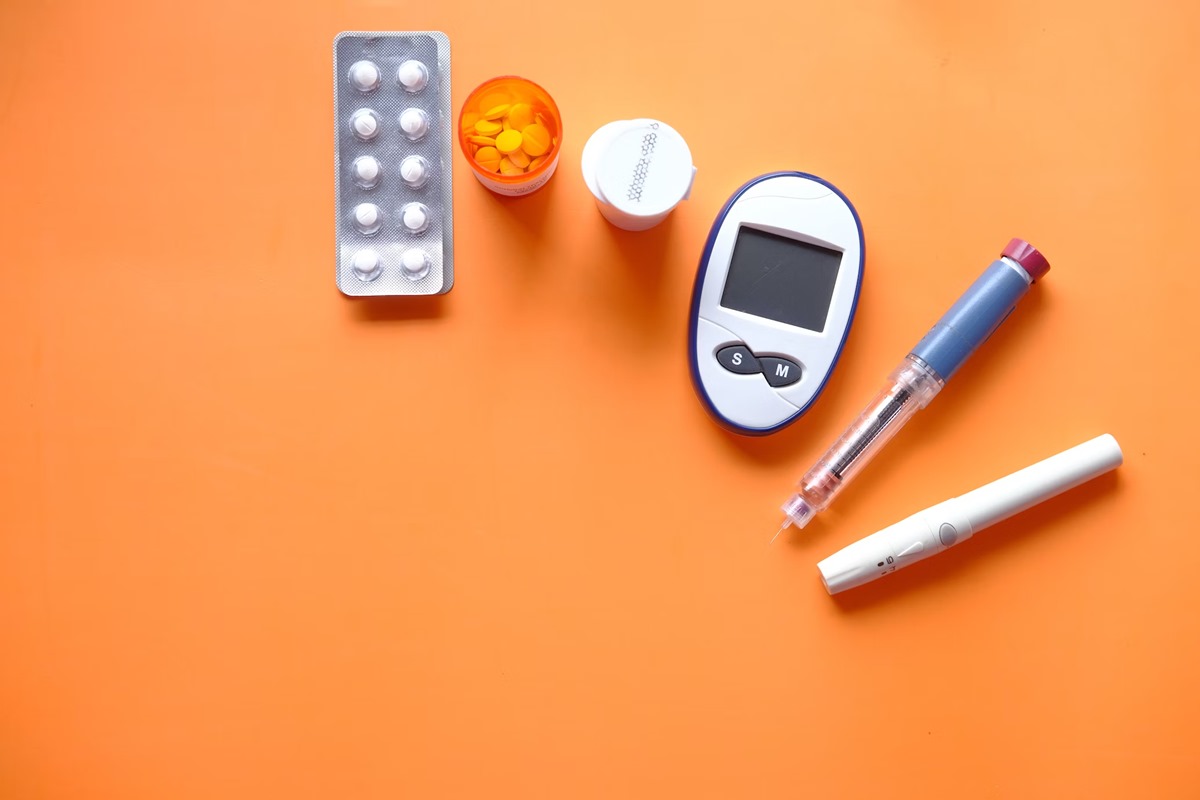LG calls effective for steps to wipe out terrorism from Jammu
Lt. Governor Manoj Sinha, on Thursday, stressed strengthening border security against asymmetric threats due to the porous border with riverine and difficult mountain ranges.
The overall prevalence of diabetes in the Jammu region is 18.9 per cent, with an alarming 26.5 per cent in urban areas and 14.5 per cent in rural areas, an Indian Council of Medical Research (ICMR)-led study revealed on Sunday.

Representation image (Photo:IANS)
The overall prevalence of diabetes in the Jammu region is 18.9 per cent, with an alarming 26.5 per cent in urban areas and 14.5 per cent in rural areas, an Indian Council of Medical Research (ICMR)-led study revealed on Sunday.
Additionally, 10.8 per cent of the Jammu population is affected by pre-diabetes, emphasising the urgent need for action against the growing burden of non-communicable diseases (NCDs) in the region, according to the study by ICMR, in collaboration with the Madras Diabetes Research Foundation (MDRF).
Advertisement
The ICMR-India Diabetes (ICMR-INDIAB) national study is the first of its kind in the region, which includes data for Jammu & Kashmir and Ladakh.
Advertisement
The study has shown there were 101 million people with diabetes in India. In addition, there were 136 million people with prediabetes in the country.
“The ICMR-INDIAB study is a landmark study, as it is the first representative research providing authentic epidemiological data on diabetes, prediabetes, hypertension, dyslipidemia, and obesity across various states and union territories (UTs) of India,” Union Minister of State (Independent Charge) of Science and Technology, Dr Jitendra Singh said.
“The data obtained through the ICMR-INDIAB study in Jammu will help to estimate the health burden due to diabetes, prediabetes and metabolic NCDs, assess the level of diabetes control among individuals with self-reported diabetes and help in shifting the focus to the prevention and control of diabetes and other NCDs in the union territory of Jammu,” the minister added.
The ICMR-INDIAB study is a comprehensive national survey designed to provide reliable data on the prevalence of diabetes, hypertension, obesity, dyslipidemia, and other non-communicable diseases (NCDs) at both the state and national levels.
Coordinated by the MDRF and strongly supported by the ICMR-INDIAB Expert Group, this cross-sectional, door-to-door survey of individuals aged 20 years and above covered all 28 states, the National Capital Territory (NCT) of Delhi, and 7 Union Territories (UTs) in a phased manner, starting from 2008 to 2024.
“I congratulate ICMR for supporting this large-scale epidemiological study in the country and commend Dr V Mohan, the National Coordinator and Principal Investigator, along with the Madras Diabetes Research Foundation and all the investigators for completing the study on schedule and making this valuable data available for public health researchers, academicians and the state/UT governments for planning preventive and control programmes,” Dr Singh said.
Dr Mohan said the study has now been completed in all 28 states, the National Capital Territory (NCT) of Delhi, and 7 Union Territories (UTs), including the islands.
“The total participants screened for diabetes and other metabolic disorders in all the phases of the study are 1,21,077, which makes it one of the largest epidemiological studies on diabetes ever done in the world,” he mentioned.
“The results show that the diabetes epidemic has now spread to rural areas. This study has already resulted in several excellent publications and many more are to follow,” said Mohan.
Dr Rajiv Kumar Gupta from Government Medical College, Jammu region, said that the overall prevalence of hypertension, generalised obesity and abdominal obesity in Jammu is 27.1 per cent, 41.7 per cent and 62.7 per cent, respectively.
Advertisement